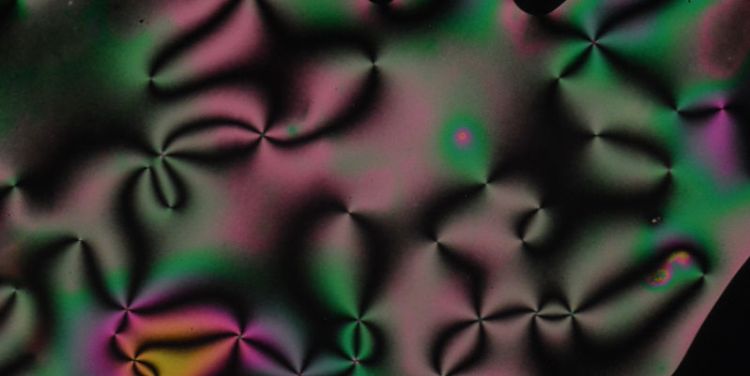Next-generation space technology could shine a light on climate change

Researchers developing 3D printing methods and liquid-crystals have been awarded a UK Space Agency grant to advance new technology. The results could give insight into the Earth’s changing climate.
Important gases in our atmosphere, and the clouds between stars are only visible in the terahertz (far-infrared) part of the spectrum — observing them is key to understanding how planets form, and how our climate is changing.
A team of University of Leeds researchers, led by Dr Alexander Valavanis from the School of Electronic and Electrical Engineering, is working with the Rutherford–Appleton Laboratories to develop new ways to manufacture specialised terahertz components. The aim of the research is to develop far-infrared sensors for studying climate change and star formation.
They will develop liquid-crystal technology, similar to that in television screens, to produce smart lenses and shutters, and 3D-printing methods to produce ultra-thin lenses and light-filters. This will underpin the first terahertz sensors suitable for use in satellites or compact lab-based instruments.
The University of Leeds is one of five UK organisations to receive an award from the UK Space Agency’s National Space Technology Programme (NSTP), which encourages collaboration between industry and academia, to develop the technology.
The project will help to fast-track new innovations in the UK’s space industry, which generates an income of £14.8bn per year.
Dr Valavanis said:
“This Pathfinder project brings together UK expertise in liquid crystals, 3D printing and terahertz technology for this first time. Together, we will develop the advanced terahertz components that scientists urgently need for studying our changing climate and the origins of stars and planets.”
Together, we will develop the advanced terahertz components that scientists urgently need for studying our changing climate and the origins of stars and planets.
Science Minister Amanda Solloway said:
"This investment will help UK space businesses fast-track innovative technologies with real scientific and commercial potential, supporting our aim for the UK to secure 10 percent of the global space market by 2030.
“From observing climate change from space to protecting our satellites from hazardous space debris, these technologies could expand our reach in space and improve life here on Earth.”
Charles McCausland, Head of Major Projects and Technology Development, UK Space Agency, added:
"The UK Space Agency has a strong track record of backing early-stage technologies with future potential, and these five projects promise to pave the way for further space innovation.
"As the UK extends its ambitions for the space sector, early support of this kind could prove decisive in helping us get ahead in an increasingly competitive global environment."
Further information
The UK Space Agency works closely with industry and academia to fund new technologies, boost skills, promote growth and inspire careers in the space sector. Find out more.
The announcement comes during British Science Week (BSW), a 10-day programme of events running throughout the UK. BSW is coordinated by the British Science Association, is funded by the UK Research and Innovation (UKRI), and celebrates achievements in science, engineering, technology and maths.




